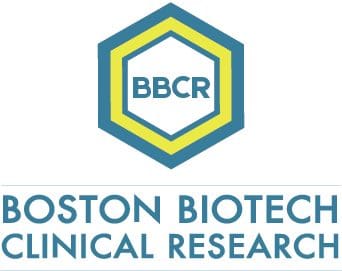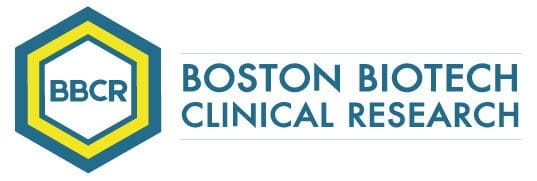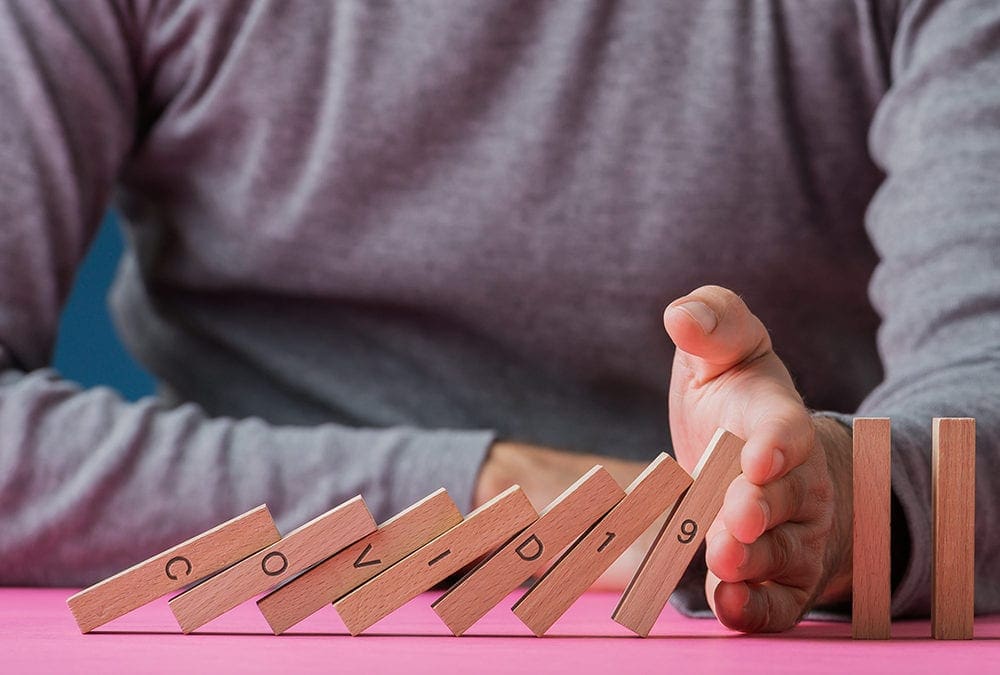The big question on COVID 19 is about the nature and durability of the antibodies against the virus that people develop after infection.
Previous reports have suggested that anti-COVID19 antibodies sharply decline following recovery from the clinical symptoms of the disease.
A new study was conducted by scientist in Iceland and published September 1 in the New England Journal of Medicine (https://www.nejm.org/doi/full/10.1056/NEJMoa2026116?query=featured_home) partially contradict previous reports.
Scientists measured antibodies in the serum of 30,576 persons in Iceland, using six assays and tested 2102 samples collected from 1237 persons up to 4 months after diagnosis. They measured antibodies in 4222 quarantined persons who had been exposed to COVID 19 and in 23,452 persons not known to have been exposed.
An explanation of the partial contradiction between previous and this last report was offered in the editorial (https://www.nejm.org/doi/full/10.1056/NEJMe2028079)
“The first wave [of antibodies] is generated by early short-lived plasma cells . . . but this wave subsides rapidly after resolution of acute infection. The second wave is generated by a smaller number of longer-lived plasma cells that provide long-lived immunity”.
The results from this ICELAND study indicate that antiviral antibodies against COVID 19 did not decline within 4 months after diagnosis, which is a great news for humanity and gives us a renovated hope that the vaccines will protect us from COVID 19 infection.

Specializing in rare disease, Boston Biotech Clinical Research works with biotech, pharmaceutical, device companies and investors to streamline the clinical trial process. Our experienced team helps each client reach their specific goals by customizing a clinical and regulatory road map of simplified programs and streamlined protocols to meet our clients’ requirements.

